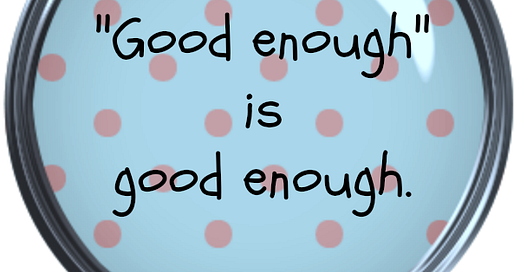To be a cultural believer -- setting aside God as “optional” -- can endanger the very culture valued by the cultural believer.
But most importantly, those who affirm a religion’s symbolic richness (its culture), but dismiss its God, show they don’t understand that God is also a symbol.
Throughout Eight Trails, we’ve asked you to think about religion in a new way, reframing it as a rich collection of maps. This “map” reframing applies to God, as well. (See Eight Trails, Episodes 3, 10, 12.)
In speaking about God as a map, we’re acknowledging that our knowledge and interaction with God always occur through symbols -- through stories, rituals, artistic works, abstract concepts, and detailed doctrines. I’ve been calling these symbols, “maps.”
Without our maps – our religious symbols -- there is no encounter with God!
Is this a demotion of some kind? I’ll answer it’s not a demotion of God. But it is a demotion of our pretensions to know God “face-to-face,” free of any symbols.
The Harvard philosopher Hilary Putnam made a useful distinction here that we could adopt. Putnam often characterized himself as a philosophical realist. Still, he refused to fall into the pretension that we can know objective reality – reality without our interpretive symbols, schemes, and concepts.
Rather, Putnam championed being a realist, but with a small “r.” That is, we deal with the realities of science, history, and everyday life through the symbol systems we have built up for each. Thus, Putnam taught, we don’t have access to some “capital R” Reality. But we have access to reality with a small “r” -- and that lets us get on with life![i]
That’s the choice before you. Can you commit to God with a small “g”?
It won’t be God with a capital “G,” but this god is good enough! To paraphrase another philosopher, “Enough is good enough, even though enough isn’t everything!”[ii]
Moreover -- and this is a crucial point -- the world’s great religious traditions all regard their knowledge of God with a small “g”!
In Hinduism, the ultimate unknowability of God is expressed through the symbol of Brahman. Brahman is considered the ultimate reality, yet beyond human comprehension.
In Zen Buddhism, the ultimate nature of reality is taught as fundamentally unknowable through intellectual or discursive means. The Heart Sutra famously states, "Form is emptiness, emptiness is form," pointing to the ineffable nature of ultimate reality.
In Judaism, the unknowability of God is reflected in the prohibition of making images of God. Even speaking God’s name is prohibited, so it’s written without vowels (YHWH). The Torah emphasizes that God is beyond human comprehension and description, often referred to as "Eyn Sof" (the Infinite) or simply as HaShem (the Name).
In Islam, the Quran repeatedly asserts that God is beyond human understanding and comprehension, emphasizing divine transcendence and incomparability. Islamic theologians and mystics, such as those in the Sufi tradition, often speak of the "veils" that obscure direct knowledge of God.
In both the Old and New Testaments of the Christian Bible, the ultimate unknowability of God is a recurring theme. Isaiah 55:8-9 declares, "For my thoughts are not your thoughts, neither are your ways my ways, declares the Lord. For as the heavens are higher than the earth, so are my ways higher than your ways and my thoughts than your thoughts." Similarly, 1 Timothy 6:16 states, "God dwells in unapproachable light, whom no one has ever seen or can see."
Belief in God with a small “g” has stood the test of time and tradition. It is good enough for the world’s great faiths.
Is it now good enough for you?
(To be continued September 29, Conclusion: Episode 42)
To Eight Trails readers: Does this post suggest a moment you’ve experienced and, perhaps, a photo you took? Share your reflections and photos with me by clicking “reply” to this email post. I would be delighted to include them in new posts — of course, crediting you!
[i] See Hilary Putnam’s autobiographical note on his phrase, “realism with a small ‘r’ ”(https://www.jstor.org/stable/43154648)
[ii] Hilary Putnam quotes philosopher John Austin, “Enough is enough, even though enough isn’t everything,” in Putnam’s Realism With A Human Face (Cambridge: Harvard University Press,1992),121, 131. Gordon Kaufman made a similar point about a symbol-mediated reality and God being “good enough”: . . .all human concepts of reality are constructs which have significance for us to the degree that they provide us with useful maps for dealing with life; none can be checked in some extra-pragmatic way to see whether they "correspond" to "reality." If we realize what is involved in such all-comprehensive concepts, we will not expect more.” (emphasis, mine). Kaufman, op. cit. 76.





